The research developed comprehends several distinct areas within the field of genetics, such as comparative genomics, molecular evolution and natural selection studies, toxicogenomics , microbial genomics, software development and bioinformatics, modeling of interactions protein/toxin, genetic diversity of toxic invasive species, conservation genetics and ecological studies in endemics or endangered species and wildlife trade and bushmeat genetics.
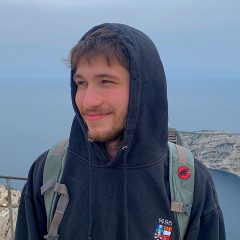
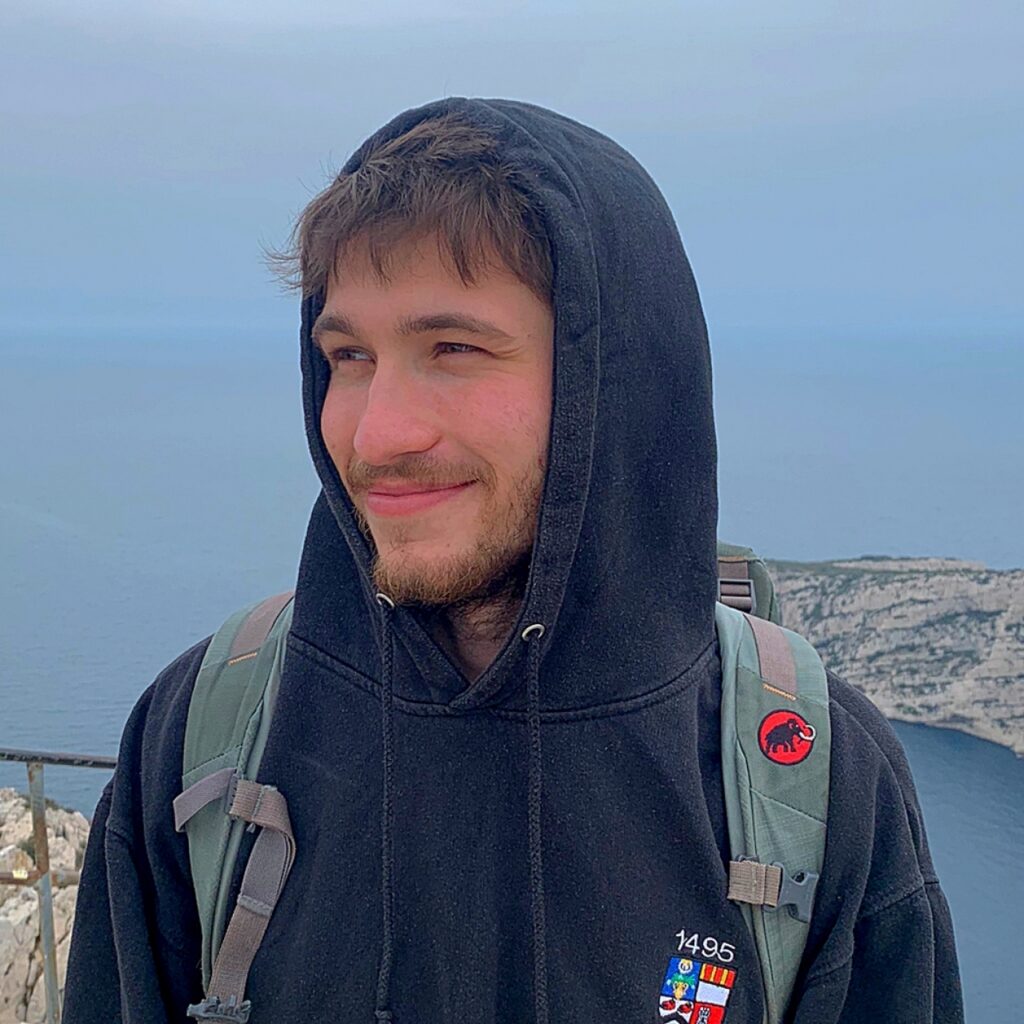
I am studying for a master’s degree in Marine Ecology and Biological Oceanography (OBEM) in Aix-Marseille University in France, and I am currently working as an intern in the Evolutionary genomics and bioinformatics team at the CIIMAR. My work is focus on the characterization of the patterns of genetic structure of Paramuricea clavata at different spatial scales, in order to infer the underlying historical and contemporary processes with a focus on connectivity, genetic drift and local adaptation.
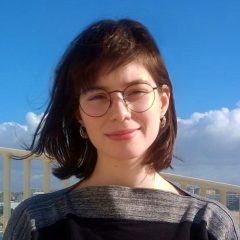
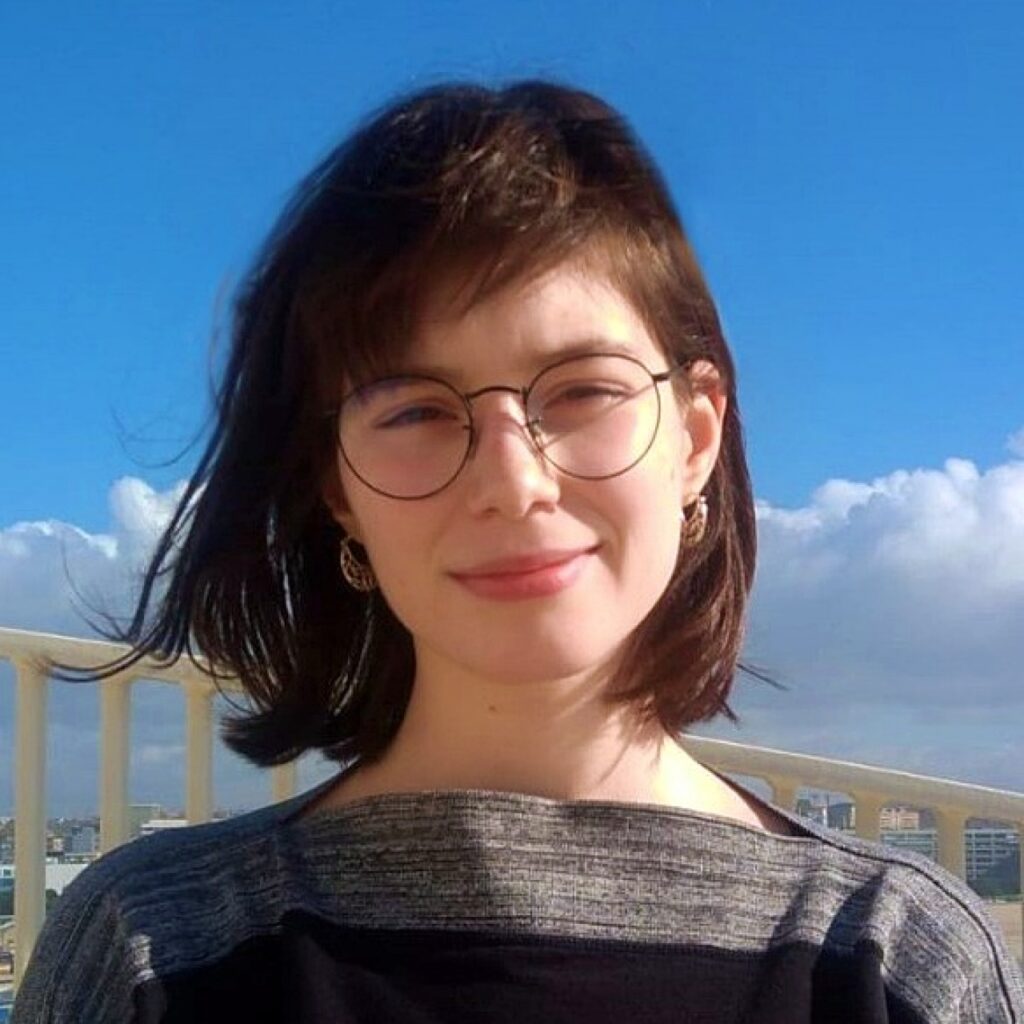
Carla Santos graduated in 2013 in Biology by the Faculty of Sciences, University of Porto. Currently, she is finishing her master degree in Legal Medicine at the Institute of Biomedical Sciences Abel Salazar. She has done her master thesis with a BYT+ scholarship in the EGB group, with the title “Genes from the pseudoautosomal region (PAR1) of the mammalian X chromosome: synteny, phylogeny and selection.” which earned the award of Best 2019/2020 BYT+ Internship.
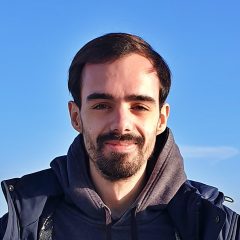
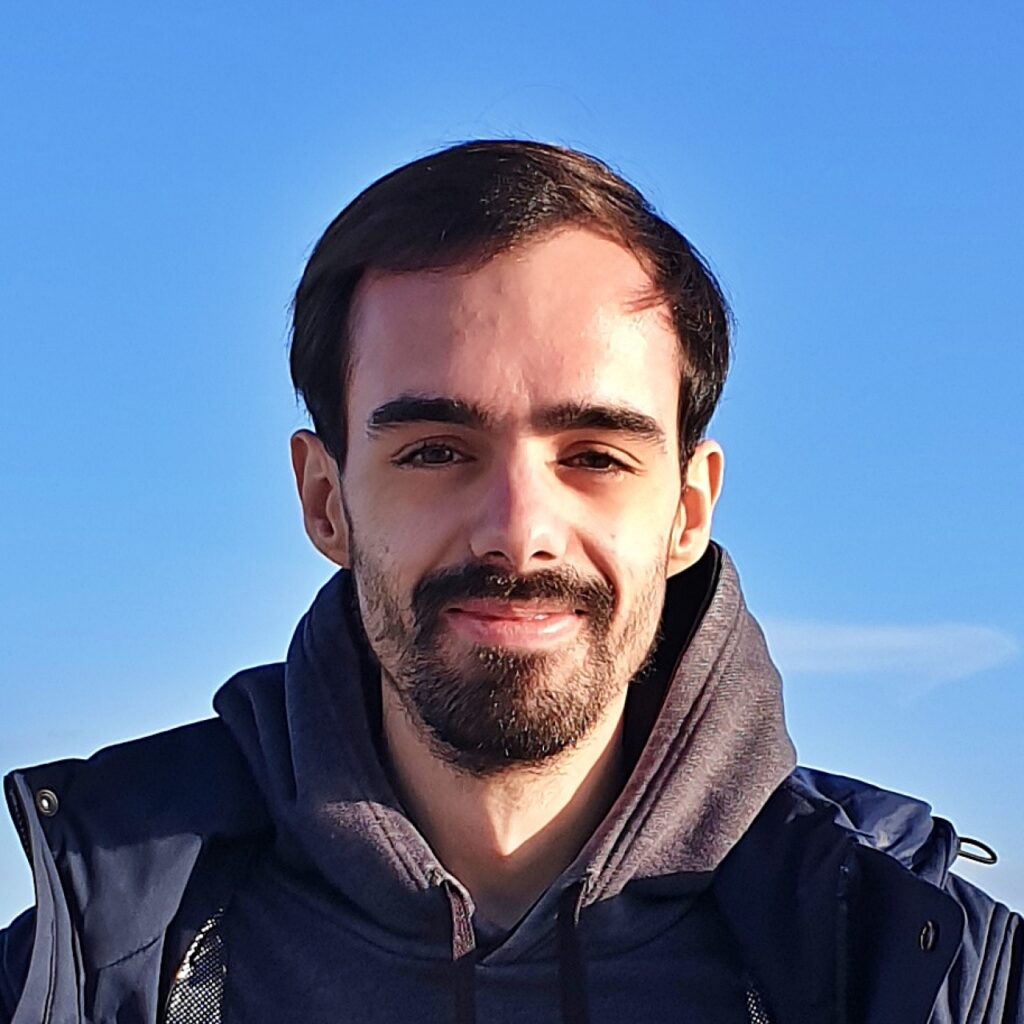
I have a bachelor in Biology by FCUP since 2021 and I am now doing a master’s degree on Applications in Biotechnology and Synthetic Biology, also in FCUP. My dissertation project is based on the study of African Bushmeat Markets and the risk of infectious diseases transmission.
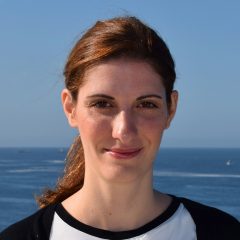
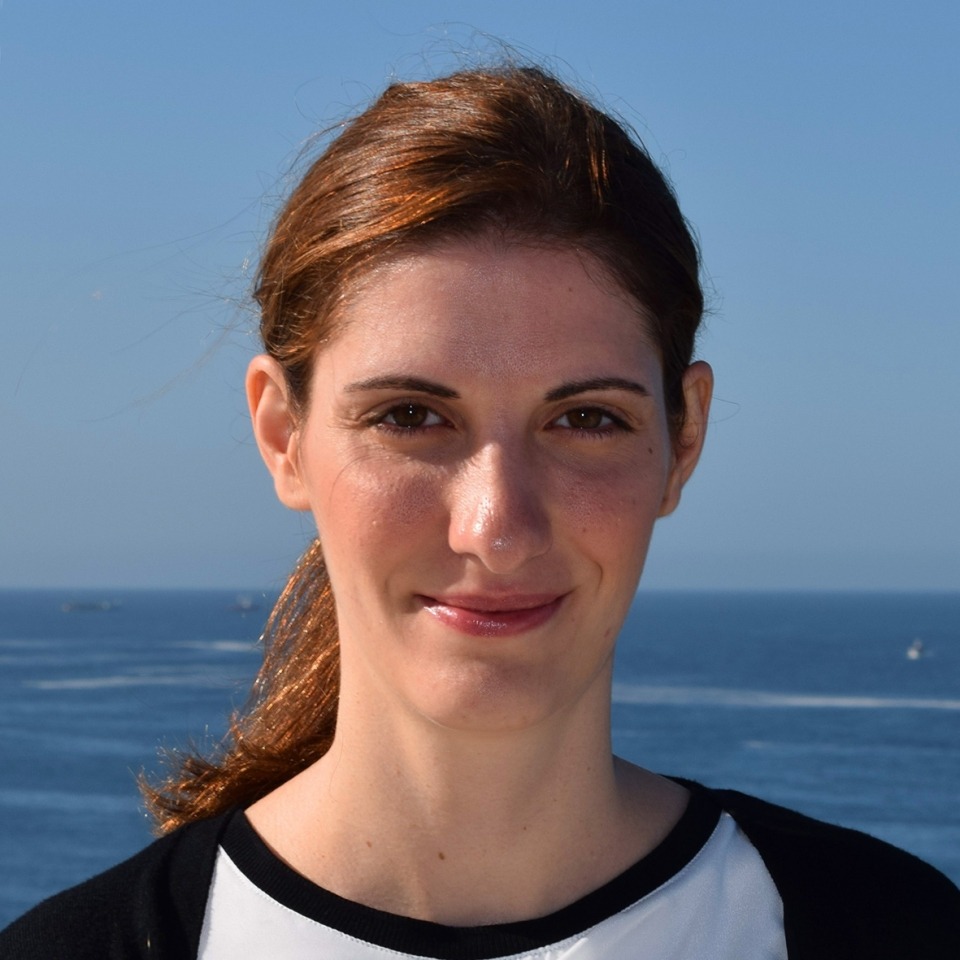
Daniela Almeida graduated in Biology from the DBio-University of Aveiro (Portugal) in 2011 and obtained her Ph.D. in Biology (specialty of Evolutionary Genomics) from the FCUP-University of Porto (Portugal) in 2017. Her research interests focus on structural, functional and evolutionary genomics, ecotoxicogenomics and bioinformatics, more specifically on the role of protein-coding genes in the environmental adaptation of metazoans. She is the author of 5 scientific publications in international journals.
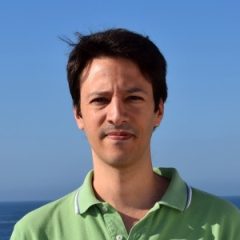
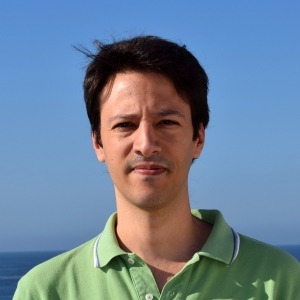
Emanuel Maldonado is a Research Fellow at CIIMAR in the Evolutionary Genomics and Bioinformatics group since September of 2010. He obtained graduation and masters degree in Computer Science from FCUP in 2007 and 2009, respectively. The masters degree project was inclusively developed in CIIMAR. His main research interests focus on studying and developing bioinformatics software applications and pipelines, thus integrating the broad fields of informatics and biology in areas, such as omics (genomics, transcriptomics, etc) and evolutionary biology. He has (co-)authored 12 scientific publications in international journals.


Auxiliary Researcher funded by FCT at CIIMAR/FCUP. Majored in Pharmaceutical Sciences (1998) at Central University of Las Villas, Cuba-Spain. MSc. in Biochemistry from Medicine School “Dr. de Zarate Ruiz”, Cuba (2009). PhD in Biology from University of Porto (2013), Portugal. Postdoc at CIIMAR (2014-2017). I have specialized in non-conventional bioinformatic methods applied to functional genomics, molecular evolution, and drug discovery. Recently, my focus has been on leveraging machine learning, complex networks, and evolutionary algorithms to search and design peptide drugs from antimicrobial peptides.
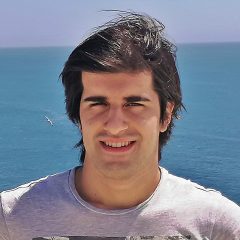
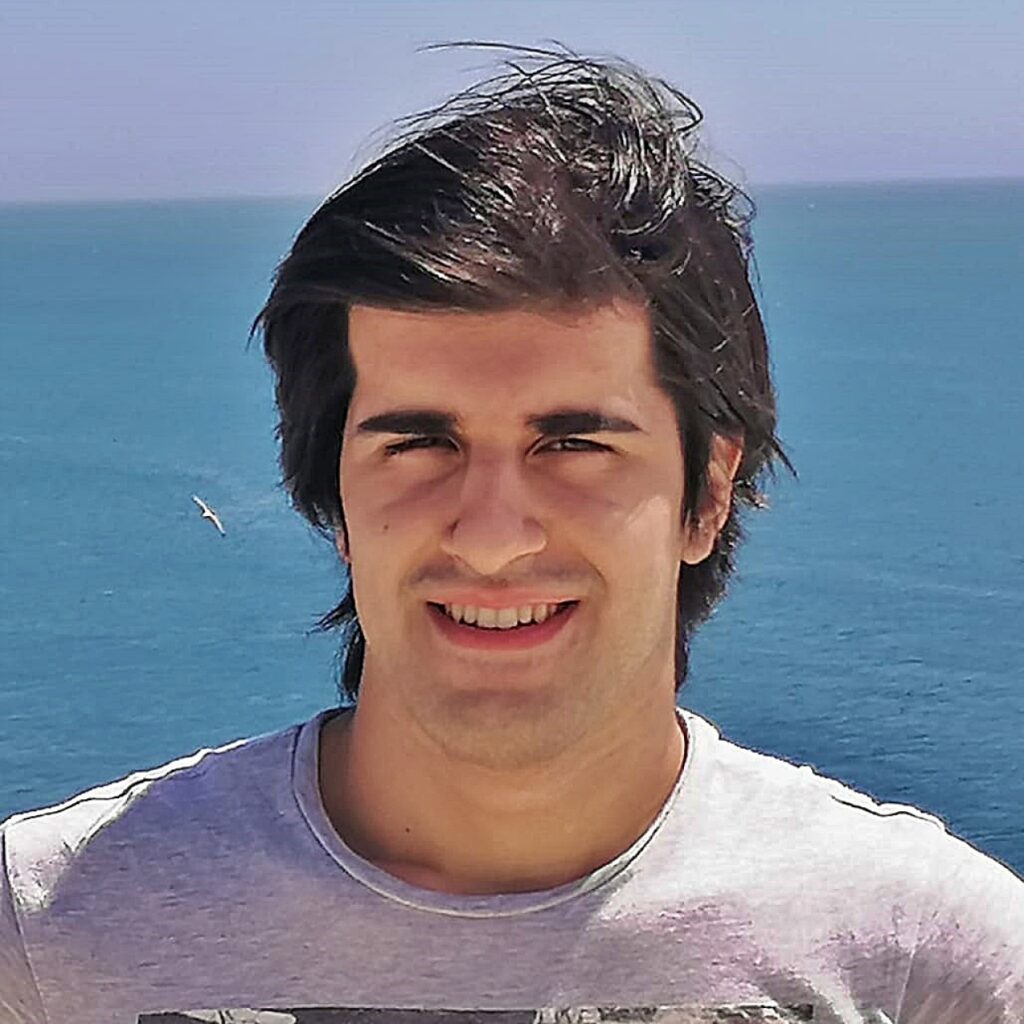
Hugo Moreno graduated in Biology in 2020 by the Faculty of Sciences, University of Porto. Currently he is a master´s student in Biodiversity, Genetics and Evolution at CIBIO. In the Evolutionary Genomics and Bioinformatics group at CIIMAR, he is developing his Master´s project on the evolution of endothermy. His main research interests are evolutionary biology, genetics and molecular evolution.
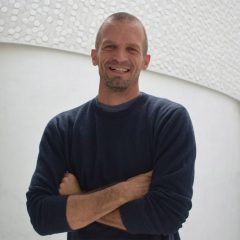
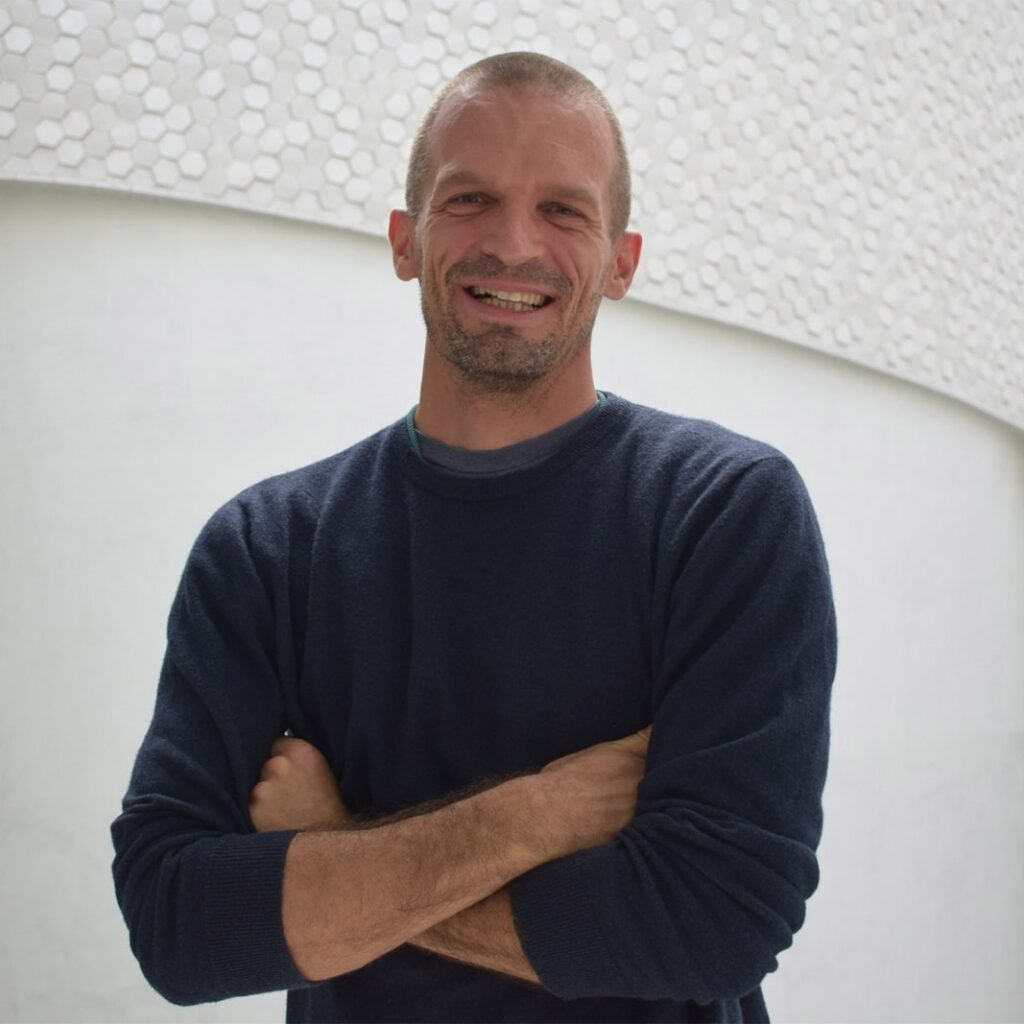
My research is involved in a conservation biology framework. I work mostly at the infra-specific level and at the interaction between ecology and evolutionary biology. I study marine habitat-forming species impacted by global change, with a focus on temperate corals struggling with anthropogenic climate change. I combine population genetics/genomics and ecology (field surveys, experiments) to address different topics, from recolonization history (Ledoux et al. 2018; 2021) to population biology (Ledoux et al. 2020; Gazulla et al. 2021), species delimitation (Coelho et al. 2023) and functioning of marine protected areas (Horaud et al. 2023).
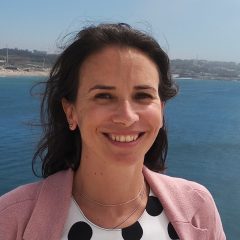
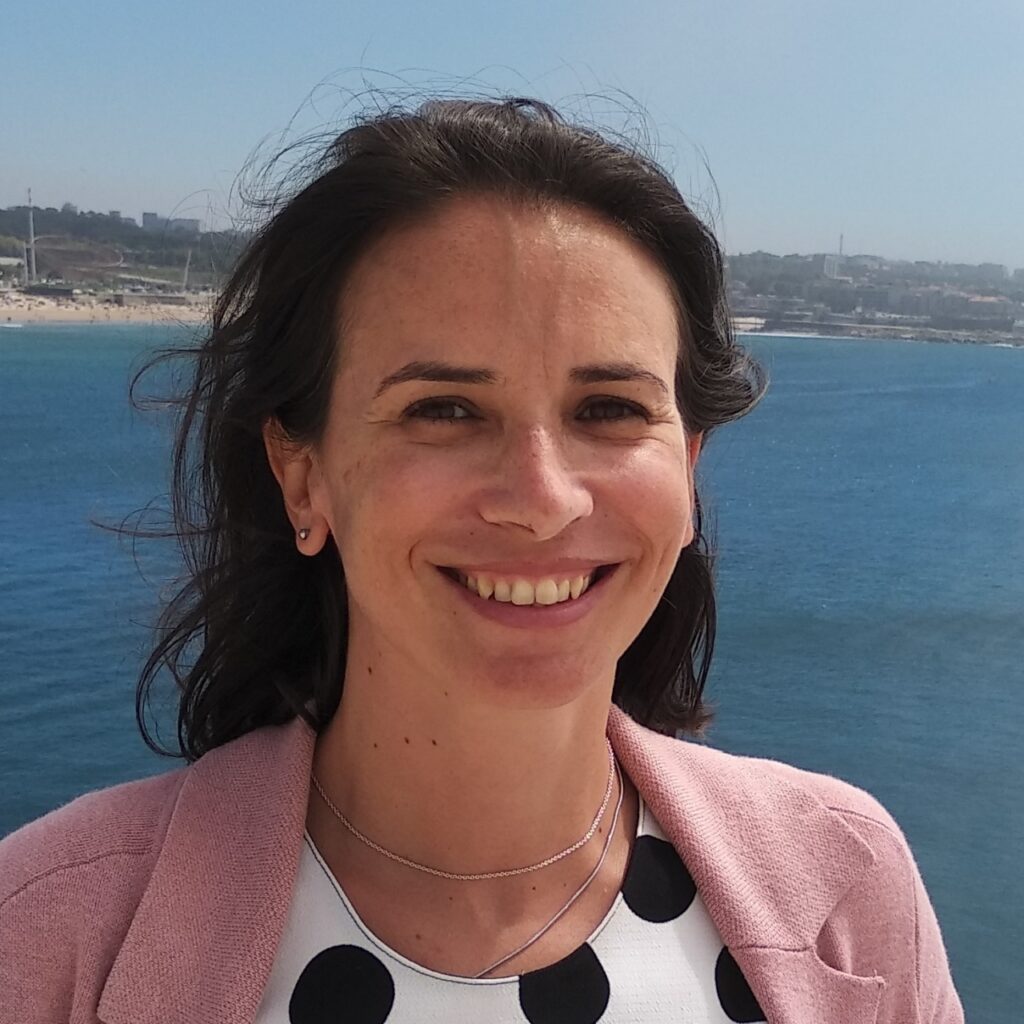
Joana Falcão graduated in Biology from the University of Coimbra in 2008 and completed an MSc degree in Ecology in March 2010.Her interest in ecology, close contact with estuaries, marine ecosystems, and coastal waters, always present throughout the graduation, allowed her to work as a grant researcher in several research projects, from benthic sharks to zooplankton, passing by estuaries and the open sea. In 2016 she joined the Coastal Systems and Ocean research group at MARE-IPLeiria. She currently holds an FCT doctoral grant and develops her work at MARE-IPLEIRIA, Marine and Environmental Sciences Centre-Polytechnic of Leiria, CIIMAR-Interdisciplinary Centre of Marine and Environmental Research, and IPMA-Portuguese Institute for Sea and Atmosphere. Her PhD project aims to address long term changes in jellyfish populations through the monetarization of populations of gelatinous organisms on the Portuguese coast and assist in predicting future abundance fluctuations of these organisms in a thermally changing ocean, trying to determine the mechanisms by which climate change interacts with them and their prey (zooplankton and fish larvae) while quantifying the effects of the blooms of these organisms on the ecosystem, their driving forces and potential consequences for the tourism, industry and fisheries sectors.

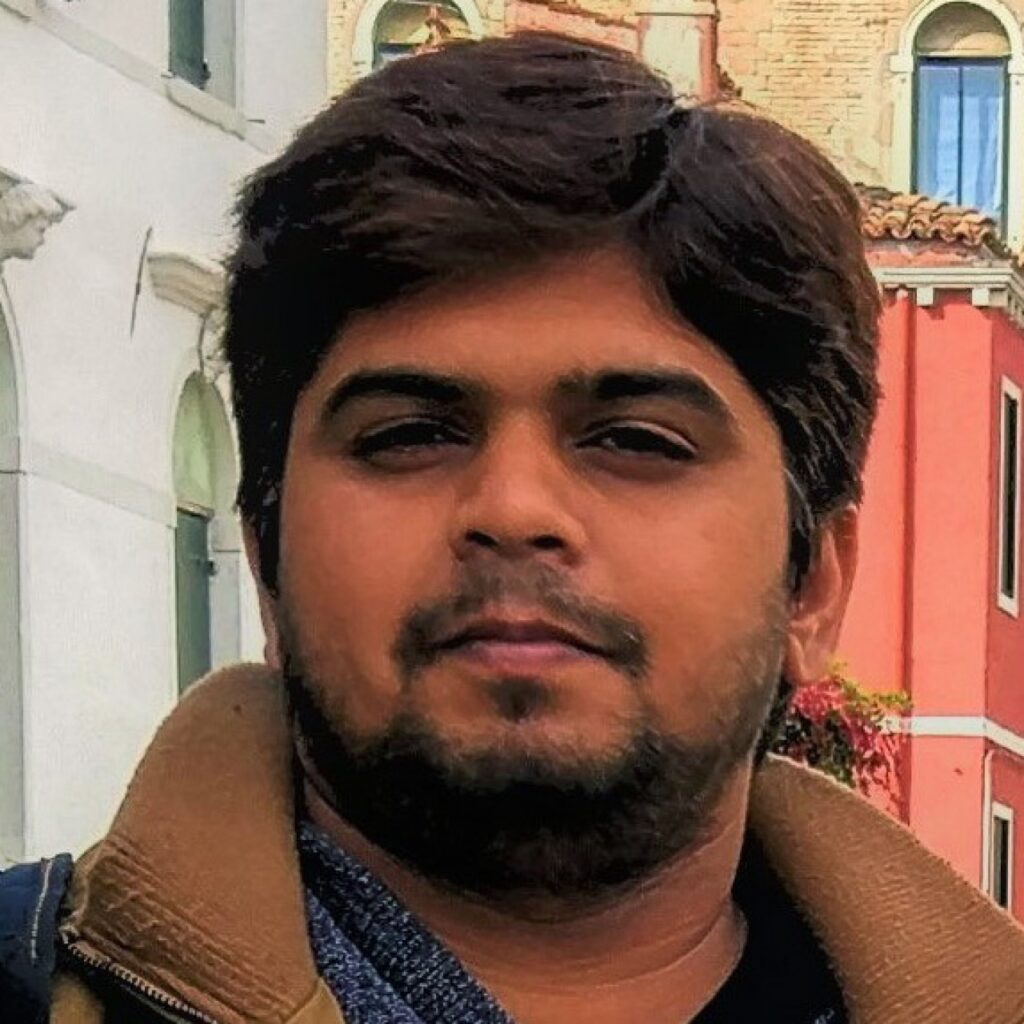
Assistant Professor at the Centre for Ecological Sciences – Indian Institute of Science, Bengaluru (India). Evolutionary biologist with a passion for venom research, his research focuses on unraveling the forces of natural selection that sculpt toxin molecular scaffolds in the animal kingdom.
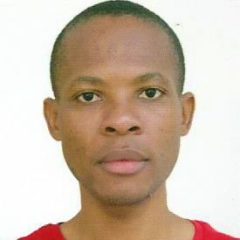
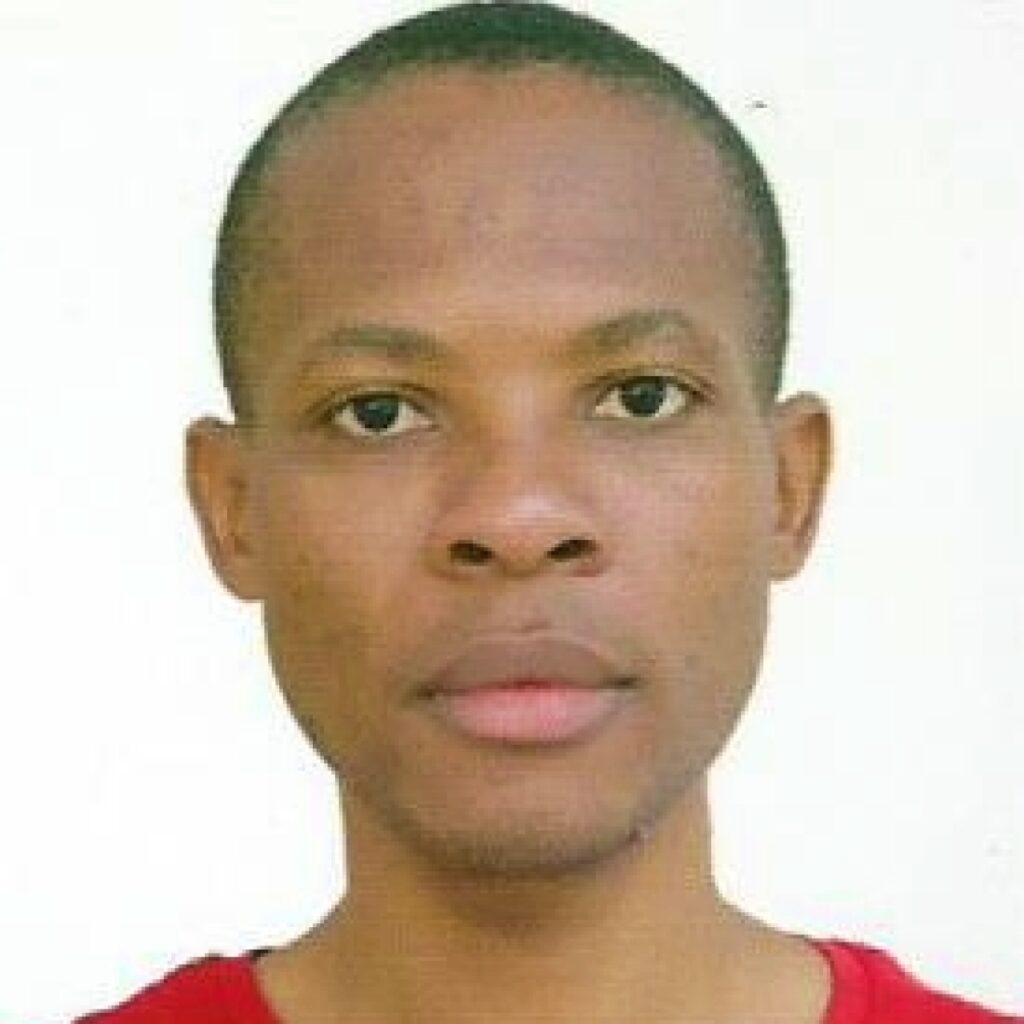
Leonildo dos Anjo Viagem graduated in Marine Biology and obtained his Master’s degree in Molecular and Microbial Biology by Faculty of Sciences and Technologies of the University of Algarve. He is currently a PhD candidate in the Evolutionary Genomics and Bioinformatics group at CIIMAR. His main research interests are related to genomic evolution of genes associated with food preferences in cephalopods and how this may relate to the microbiome.
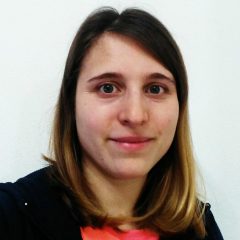
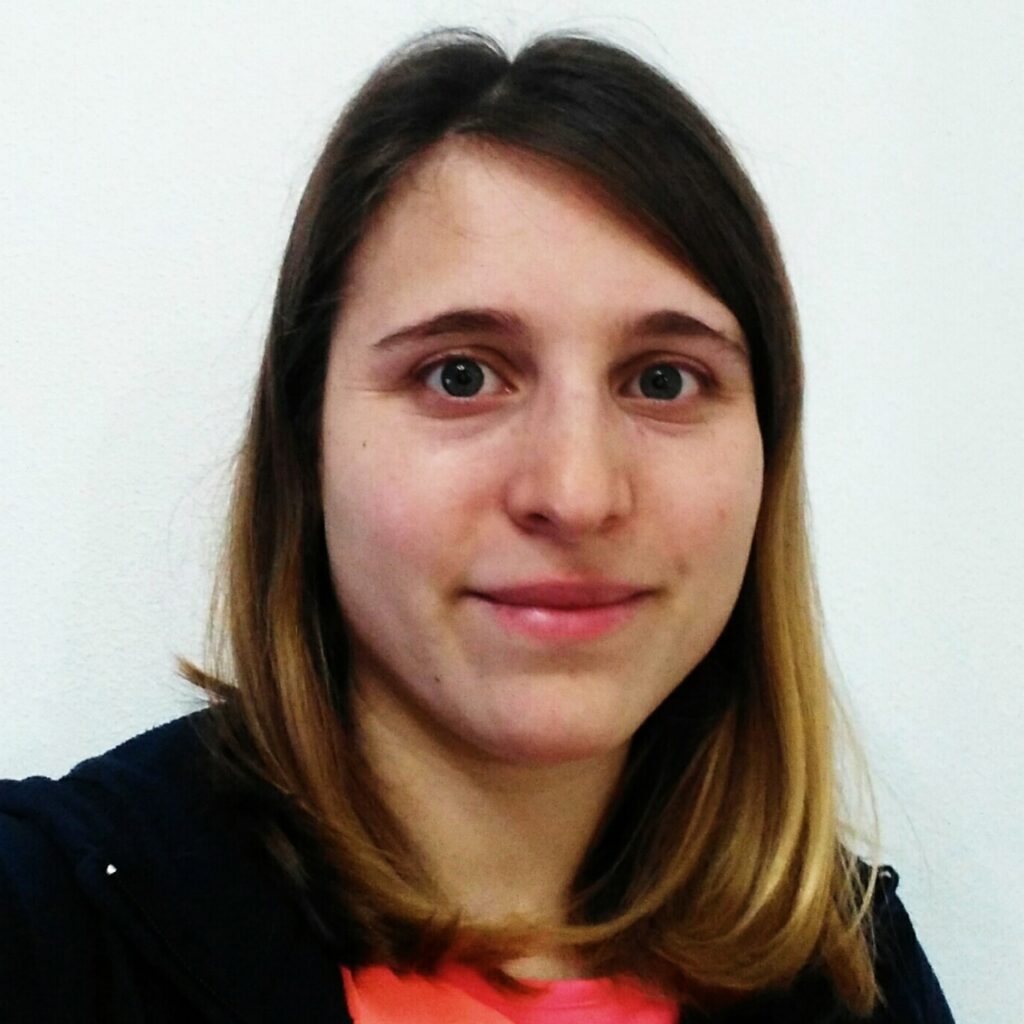
Liliana Silva graduated in Biochemistry in 2009 and obtained her Master degree in Biochemistry in 2014 by, the Faculty of Sciences of University of Porto. She is currently a PhD student in the Evolutionary Genomics and Bioinformatics group at CIIMAR. Her main research interests are related with evolution of sensorial systems and environmental adaptation.
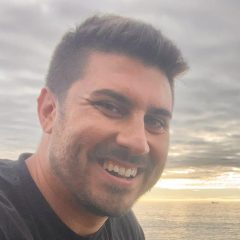

I’m Lorenzo Pizzamiglio. I obtained a Bachelor’s degree in Biological Sciences in 2021 from the University of Pavia and a Master’s degree in Marine Biology and Ecology in 2024 from the University of Genoa. I’m currently undertaking an Erasmus post-graduate traineeship at CIIMAR. My main research interests focus on the use of genetics and genomics to decipher the biology of wildlife species, with a particular focus on elasmobranchs

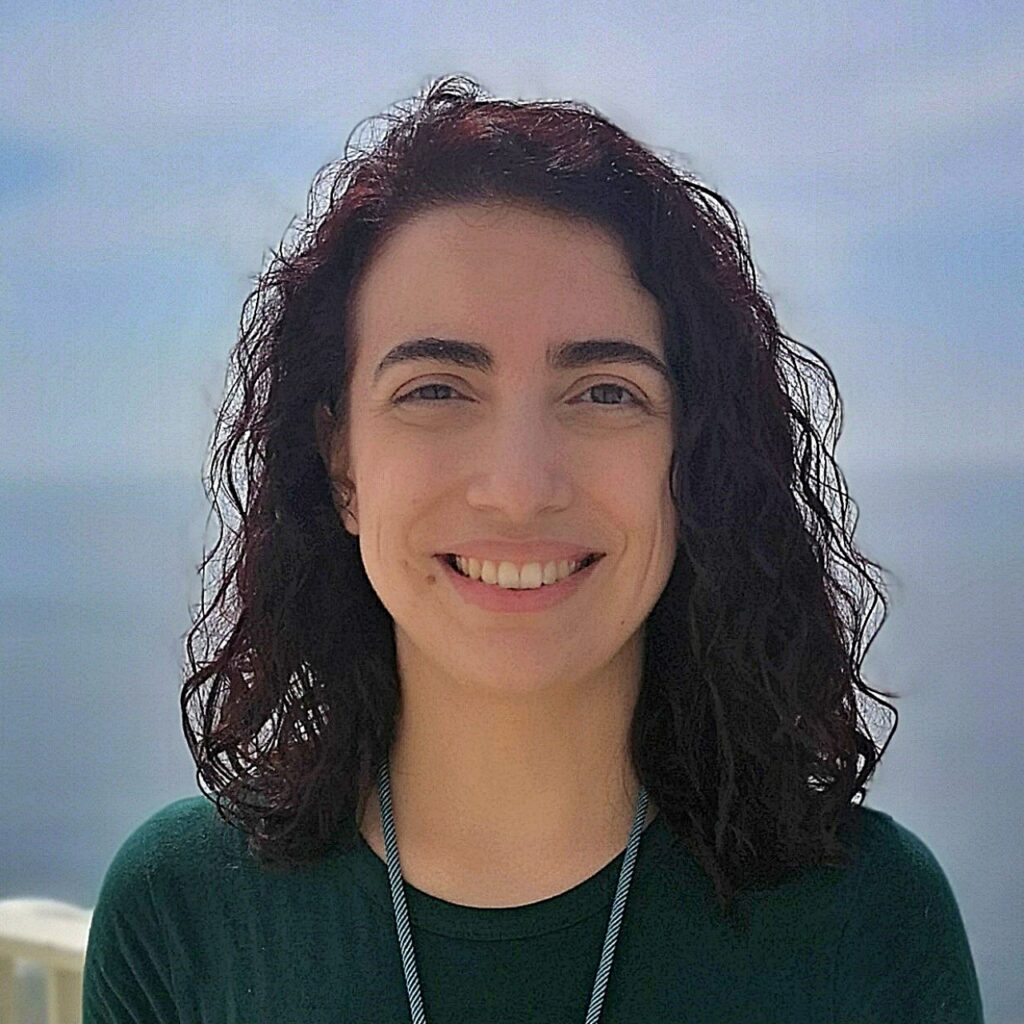
Luana Ramos graduated in Biology in 2012 and obtained her master’s degree in Biodiversity, Genetics and Evolution in 2014, by the Faculty of Sciences of University of Porto. She did an ERASMUS+ internship at the Senckenberg Research Institute in Frankfurt, Germany in 2015 and is currently a PhD student in the Evolutionary Genomics and Bioinformatics group at CIIMAR. Her main research interests are population genetics, conservation, bioinformatics and evolutionary genomics. Her current work is focused on the evolution of reproductive traits in vertebrates.
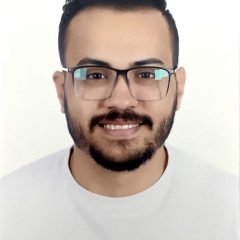
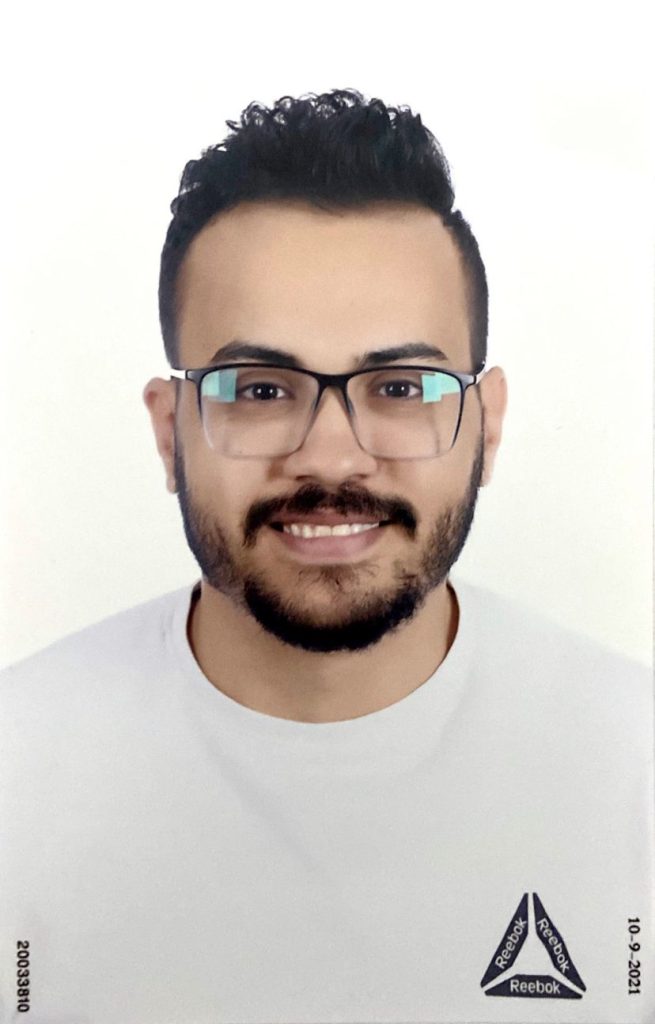
Mahmoud Bassyouni, a Senior Bioinformatician, has been recognized for expertise in biomedical sciences and bioinformatics. A bachelor’s degree from Zewail City of Science and Technology and a Master’s in Informatics from Nile University were earned, forming the foundation for specialization in genomic data analysis, pipeline development, and server infrastructure management. Currently, a PhD is being pursued at the University of Porto, alongside work as a research assistant in the iCulture project, focusing on exploring the link between seaweed genotypes and phenotypes using AI and machine learning techniques. Previous experience at MARC for Medical Services and Scientific Research involved contributions to next-generation sequencing and pharmacogenomics projects. Research achievements include publications in Scientific Reports and the Journal of Biological Inorganic Chemistry, addressing genetic risk factors in metabolic syndromes and protein simulations in computational chemistry. Scholarships, fellowships, and international collaborations have shaped professional growth, while technical expertise in tools like NextFlow and Docker supports the commitment to enhancing bioinformatics and genomics.
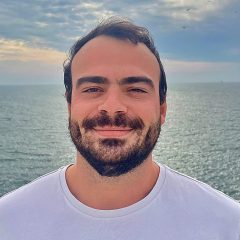
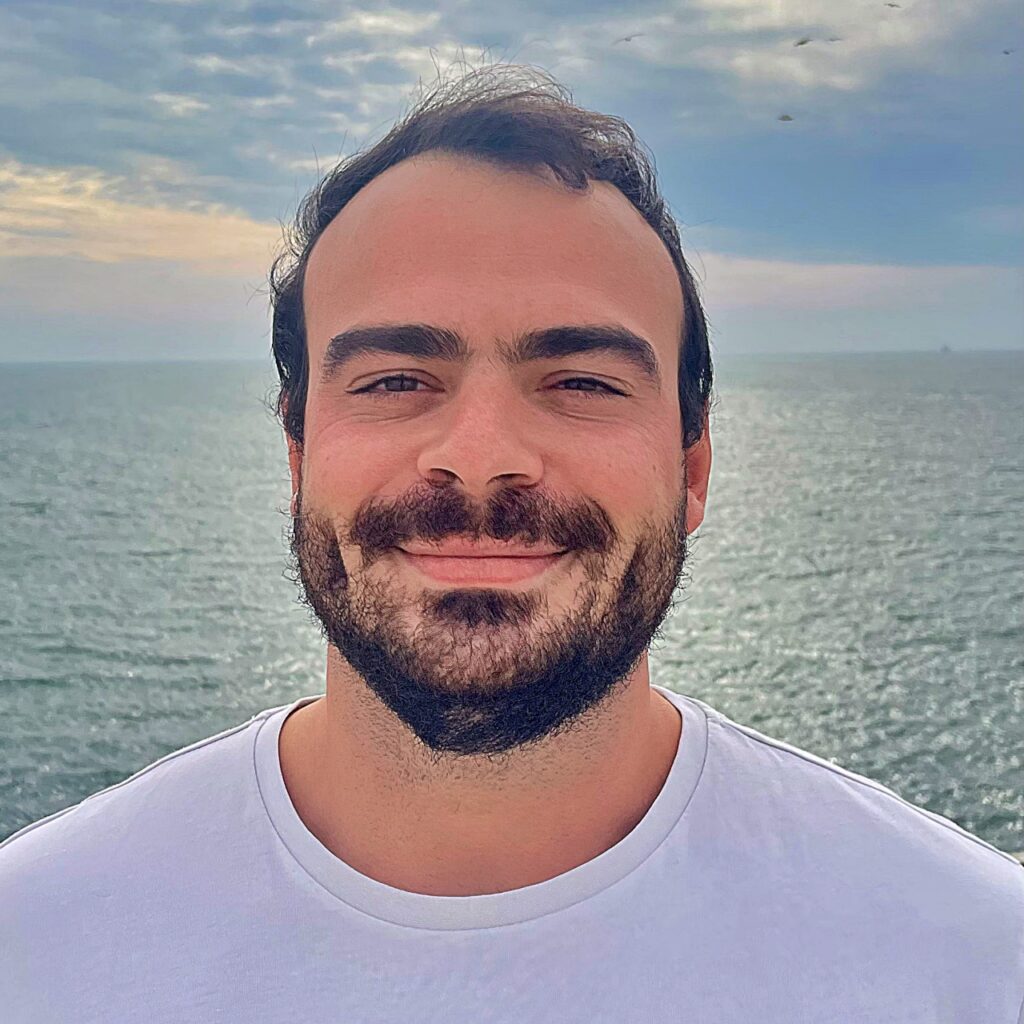
Manuel Seixas is a Master in Biotechnology of Marine Resources at the School of Tourism and Technology of the Sea (ESTM) of the Polytechnic Institute of Leiria (IPLeiria). Currently, he is a PhD Student at CIIMAR focused on the analysis of genome and transcriptome of elasmobranchs.
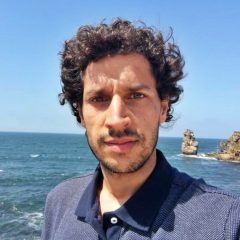
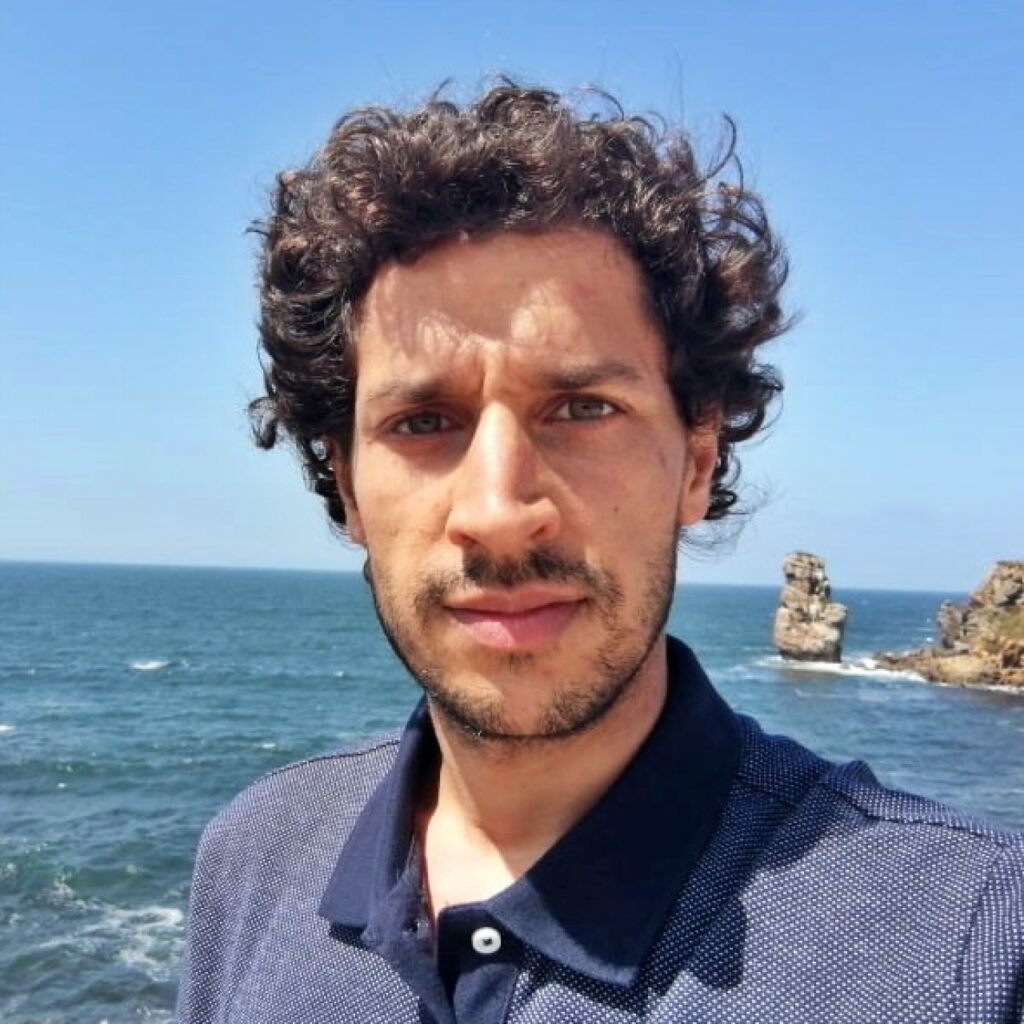
Marco Simões has a master’s degree in Marine Resources Biotechnology by the School of Tourism and Maritime Technology-Polytechnic of Leiria. Over the last few years, he has developed research work in the areas of Molecular Biology and Genetic Engineering at Cetemares – MARE Polytechnic of Leiria, Peniche. He has used several molecular techniques in research with plants, fish pathogen detection, species identification and search of antibiotic resistance genes in environmental microorganisms, metagenomics, metabarcoding and evolutionary genetics. Currently he is a PhD student.
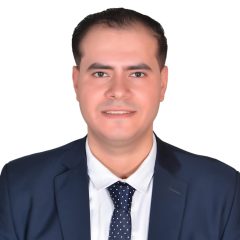
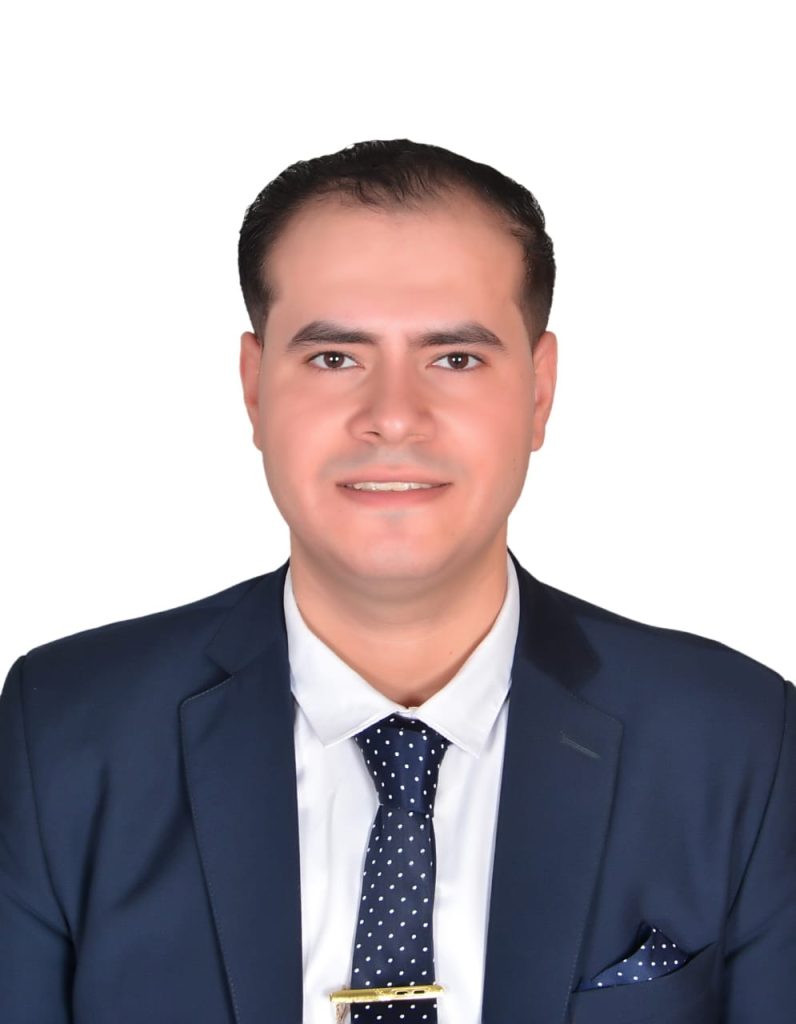
Mena Nagy Adly Khalaf, a PhD candidate in Marine Science, Technology, and Management at the University of Porto, combines a strong foundation in bioinformatics, deep learning, and computer science. He holds both a Master’s and a Bachelor’s degree in Computers and Information (Information Systems) from Assiut University, where he graduated top of his class. His Master’s thesis, “Prediction of Molecular Compound Structures Using Deep Learning,” reflects his deep expertise in computer science, bioinformatics, and AI. His research focused on generative deep learning techniques for molecular and protein structure prediction. Currently, as a research assistant at CIIMAR, he contributes to the iCulture project by applying artificial intelligence to analyze omics data, aiming to uncover genetic mechanisms linked to seaweed adaptation and molecular production. Mena has published in peer-reviewed journals including ACS Omega and IJACSA, with a conference paper published in IEEE Xplore. He previously worked as an Assistant Lecturer at Assiut University, teaching across bioinformatics, information systems, and computer science programs. Mena also shares his expertise through the Narmer Academy YouTube channel and actively supports community initiatives in Egypt. His technical skills include Python, R, machine learning, deep learning, and various bioinformatics tools—highlighting his dedication to innovation in computational biology and sustainable marine applications.
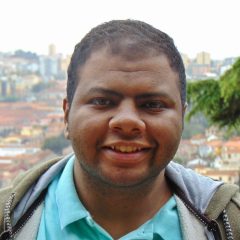
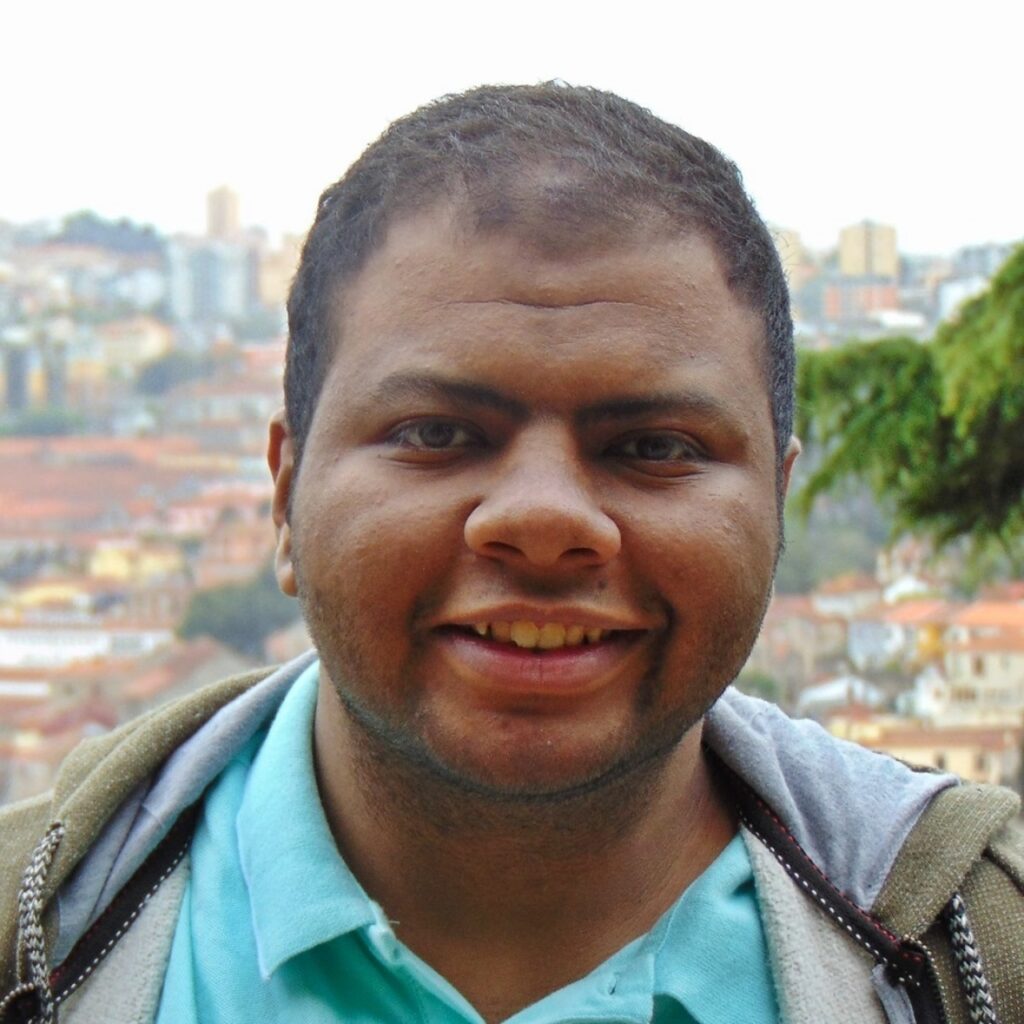
Mohamed Emam is a Research assistant at CIIMAR in the Evolutionary Genomics and Bioinformatics group since February of 2018. He is a master student his research interests focus on studying a positive selection in mammalian related sequences and codon usage analysis in human metagenomics data.
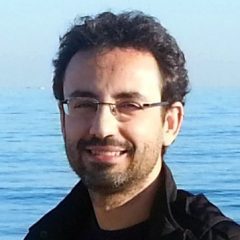
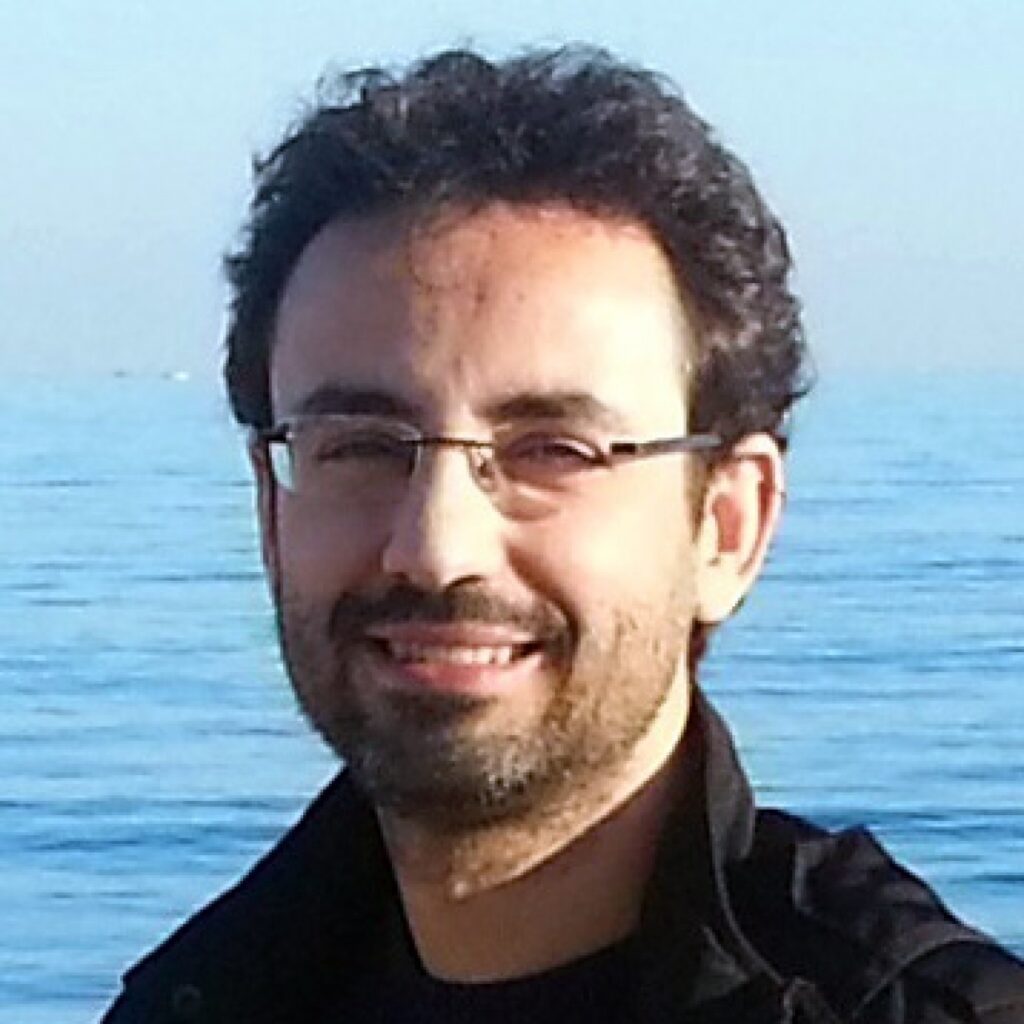
My investigations feed on the interaction between the sciences of evolution and conservation biology. I am investigating the patterns of diversification within several groups of mammals through different scales, including phylogenetics / phylogeography / population genetics. The ultimate goal of my research is to increase knowledge on the evolutionary dynamics and ecology of heritage taxa and to produce DNA-based tools for the implementation of wildlife management protocols.
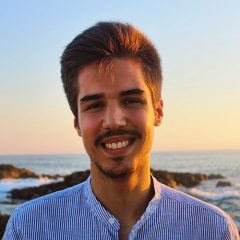
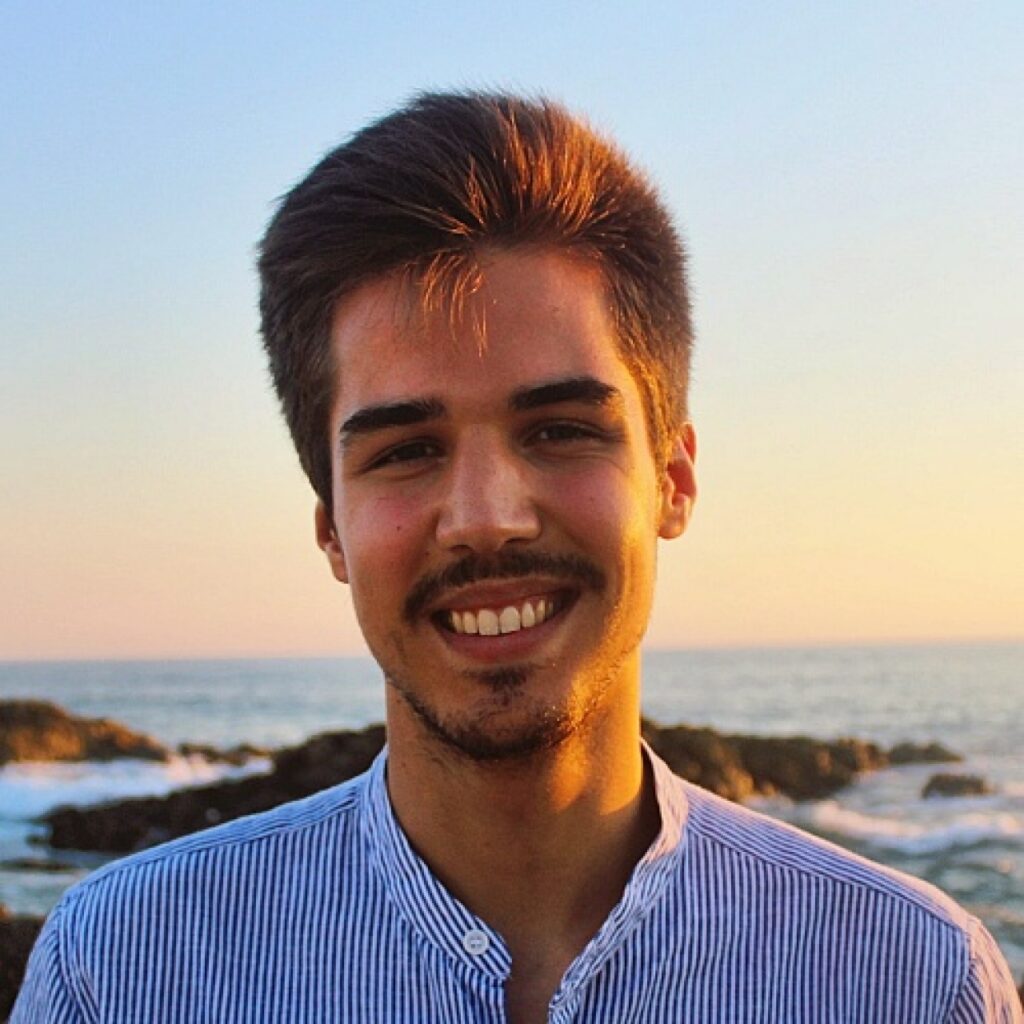
Ricardo Alexandre Barroso graduated in 2019 in Biology and obtained his master’s degree in Applications in Biotechnology and Synthetic Biology in 2021, by the Faculty of Sciences of University of Porto. Currently, he is a a PhD student in the Evolutionary Genomics and Bioinformatics research group at CIIMAR. His work is focused on the evolution and characterization of toxins from venomous marine invertebrates through the analysis of genomes, transcriptomes and proteomes, exploring their ecological role and biomedical potential. He has research experience in bioinformatics, virology and parasitology, both in academia and industry.

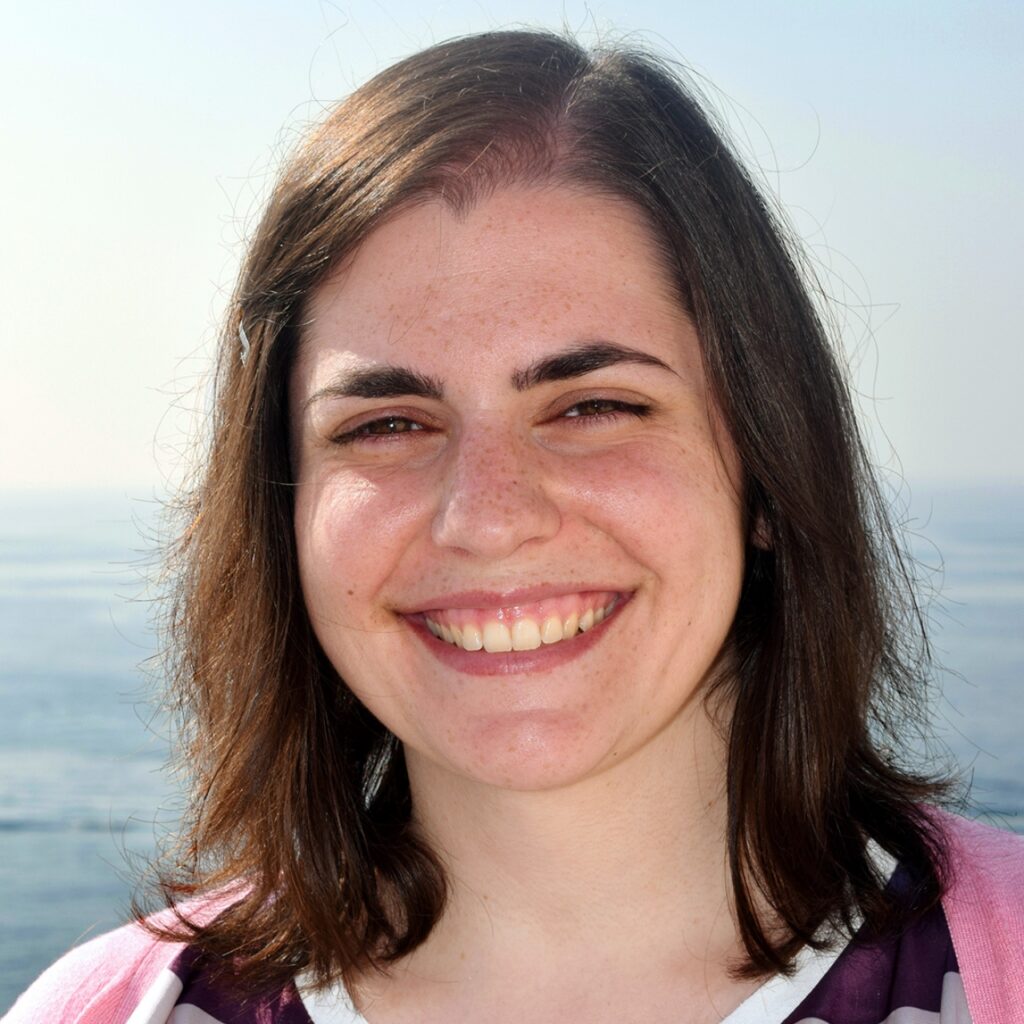
Rita Mendes graduated in 2012 in Biological Sciences and Health by the University of Azores, completed her master’s degree in Biology and Water Quality Management in 2014 and her master’s degree in Environmental Contamination and Toxicology in 2017, both in the Univeristy of Porto. Currently, she is a PhD student at the Evolutionary Genomics and Bioinformatics group at CIIMAR. Her research interests focus on the study of cyanobacteria and related toxins, molecular biology, next-generation methods, and environmental toxicology, especially when applied to freshwater systems.

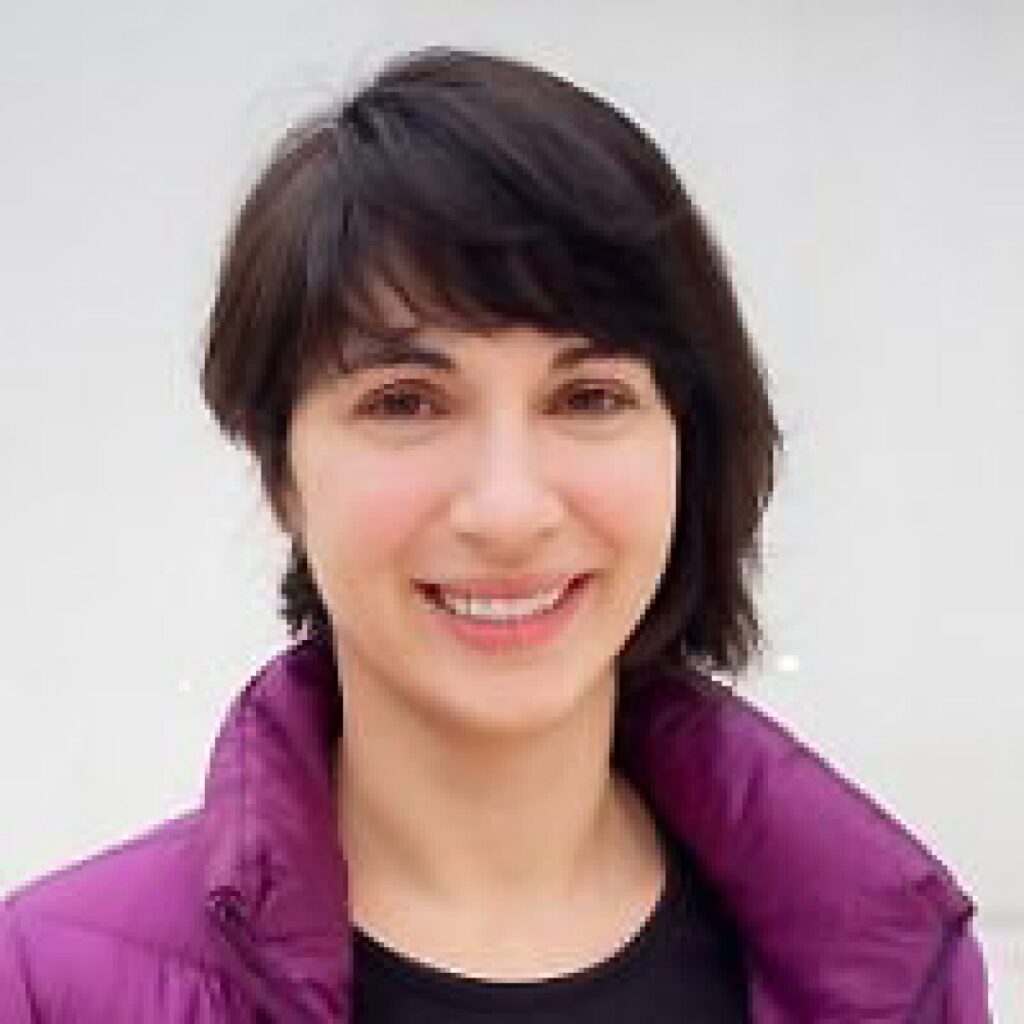
Rute Fonseca is an Assistant Professor at the University of Copenhagen, Denmark. She received her degree in Biochemistry in 2000 and her PhD in Computational Chemistry in 20016 from University of Porto. Rute uses computational tools to study molecular evolution in a variety of organisms. My recent work involves exploring large-scale genomic information on both modern and ancient DNA data sets. I am particularly interested in protein function evolution and how this impacts phenotypes.
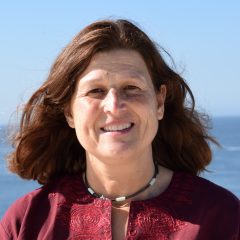
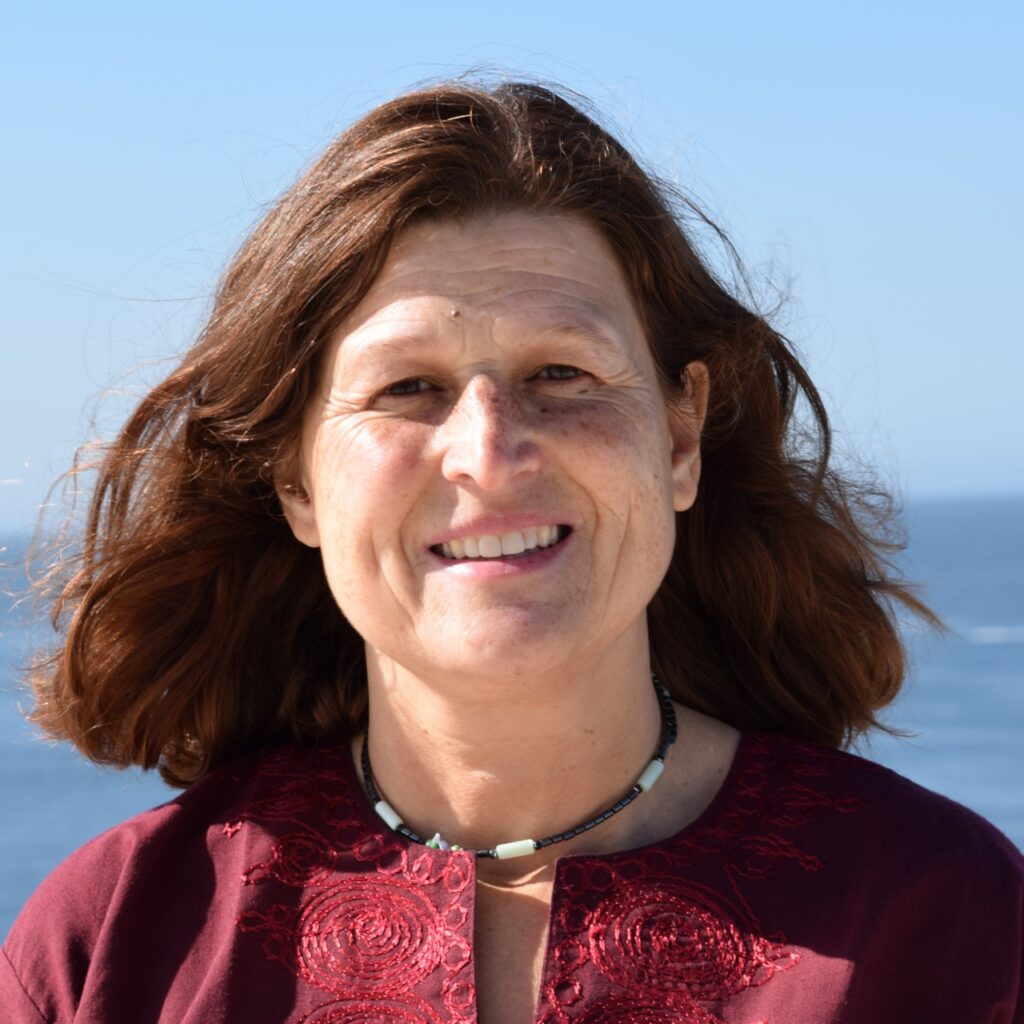
I am an evolutionary biologist, with expertise in ecology, life history evolution, population genetics, herpetology, conservation and evolutionary genomics. The central drive of my research is to integrate these disciplines to understand the evolution of reptilian biodiversity in all its forms, from molecules to populations, and to contribute to their conservation. My current work focuses in elucidating adaptive patterns of mitogenome evolution. To answer this question I employ modern molecular statistical analysis using bioinformatics methods, to detect changes in selective constraints on mitochondria DNA protein coding regions throughout chelonian evolution.

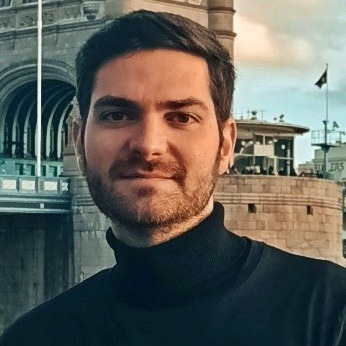
In 2017, Tomás Rodrigues achieved his undergraduate degree in Biology from the Faculty of Sciences at the University of Porto. He went on to successfully complete his master’s degree in Biology and Water Quality Management in 2019, also at the Faculty of Sciences of the University of Porto. Seeking international academic enrichment, he participated in an international mobility program at the University of Murcia in 2020.
Currently, Tomás Rodrigues is taking his PhD within the Evolutionary Genomics and Bioinformatics group at CIIMAR. His academic pursuits are guided by a profound curiosity in several fields, including Proteomics, Transcriptomics, Genomics, Genetics, Molecular Biology, Cell Biology, Biogeography, and Ecology. His research is centered around harnessing the potential of cnidarians through an integrative molecular and omics-based approach.

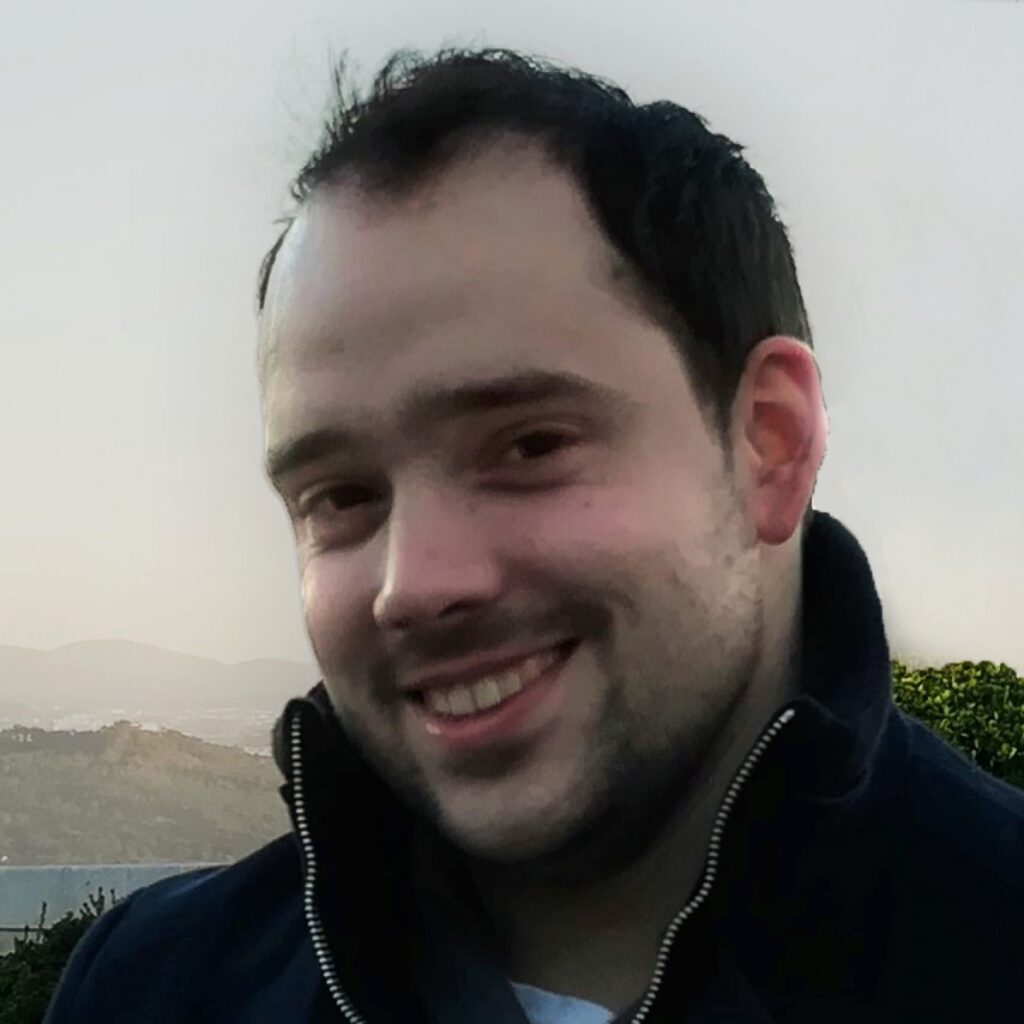
Currently I am PhD student at CIIMAR. After working in LEGE during my BSc and MSc in the identification and understanding of symbionts from marine organisms, I am now enrolled in the Sustainable animal nutrition and feed (SANFEED) doctoral program, from ICBAS-UP in partnership with FCT and Soja de Portugal. The main focus of research is the nutritional influence in of the gastrointestinal tract (GIT) microbiome from poultry for improvement of meat quality and animal welfare as well as human diet quality.
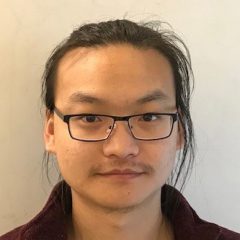
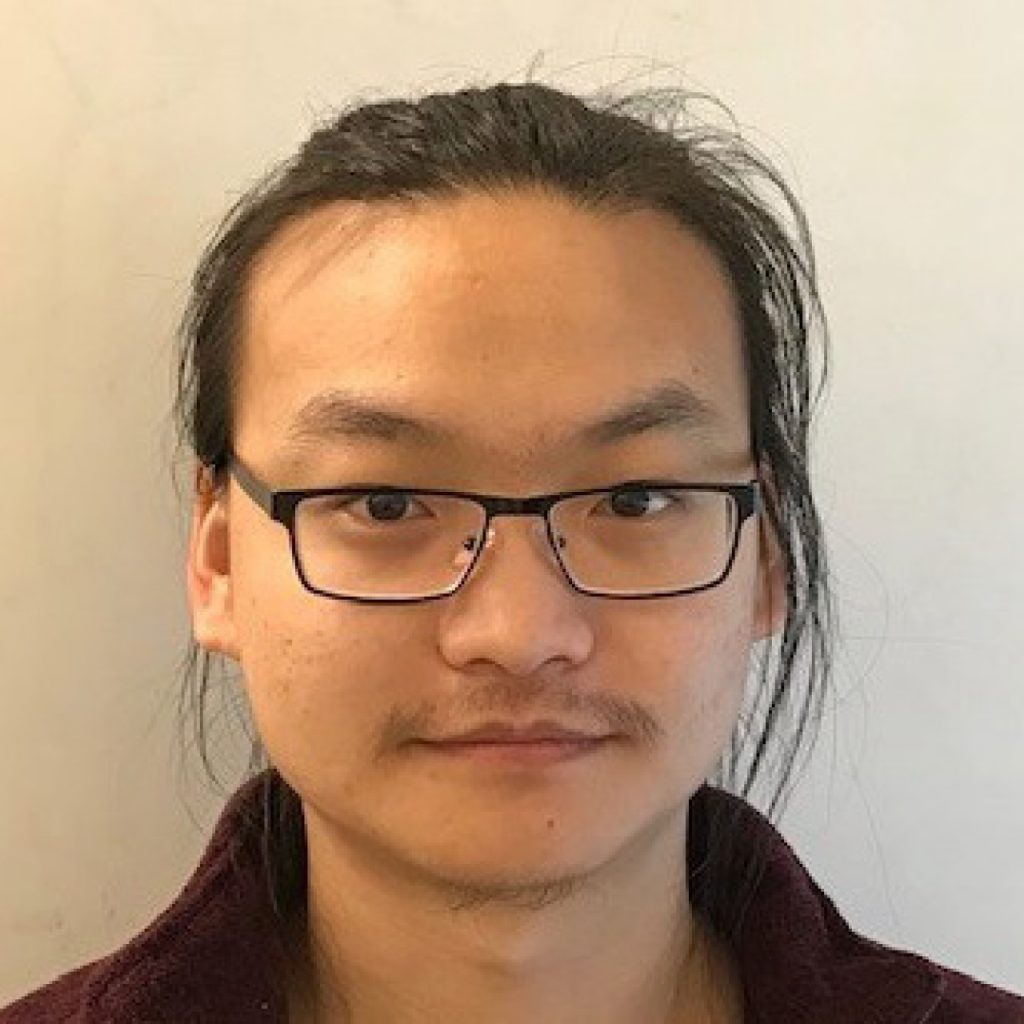
Yihe Zhao is a Ph.D. candidate in Biology at CIIMAR Institute. He earned his Bachelor’s in Pharmaceutical Engineering from Tianjin University of Technology in 2016 and his Master’s in Molecular Biology and Evolution from Christian-Albrechts-Universität zu Kiel in 2018. His research is focused on molecular biology within the biological sciences. Yihe has studied genomics, transcriptomics, and bioinformatics extensively. His interests include comparative genomics, mining transcriptomic data, and applying bioinformatics techniques. He analyzes genomic and transcriptomic data to understand molecular mechanisms and explore gene modification and bioactive compounds. His research involves key areas like genomics, transcriptomics, gene modification, peptide expression, and Conus venom peptides. Yihe’s work helps to understand genetic variation and its functions, advancing related scientific fields. He aims to further explore genomic and transcriptomic applications in biomedicine and develop new solutions for disease research.
Zhang G., Antunes A., et al.
2014Science, 346(6215): 1311-1320Dutertre S., Jin A., Vetter I., Hamilton B., Sunagar K., Lavergne V., Dutertre V., Fry B.G., Antunes A., Venter D., Alewood P., Lewis R.
2014Nature communications, 5: 3521Choo SW, Antunes A, et al.
2016Genome Research, 26(10): 1312-1322Escalona T., Weadick C.J., Antunes A.
2017Molecular Biology and Evolution, 34(10): 2522-2536Khan I., Yang Z., Maldonado E., Li C., Zhang G., Gilbert M.T.P., Jarvis E.D., O'Brien S.J., Johnson W.E., Antunes A.
2015Molecular Biology and Evolution, 32(11): 2832-2843Dobrynin P, Antunes A, et al.
2015Genome Biology, 16(1): 277Sunagar K., Johnson W.E., O'Brien S.J., Vasconcelos V., Antunes A.
2012Molecular Biology and Evolution, 29(7): 1807-1822Philip S., Machado J.P., Maldonado E., Vasconcelos V., O'Brien S.J., Johnson W.E., Antunes A.
2012Molecular Biology and Evolution, 29(12): 3887-3898Antunes A., Troyer J.L., et al.
2008PLoS Genetics, 4(11): e1000251Website by: Glitz Design